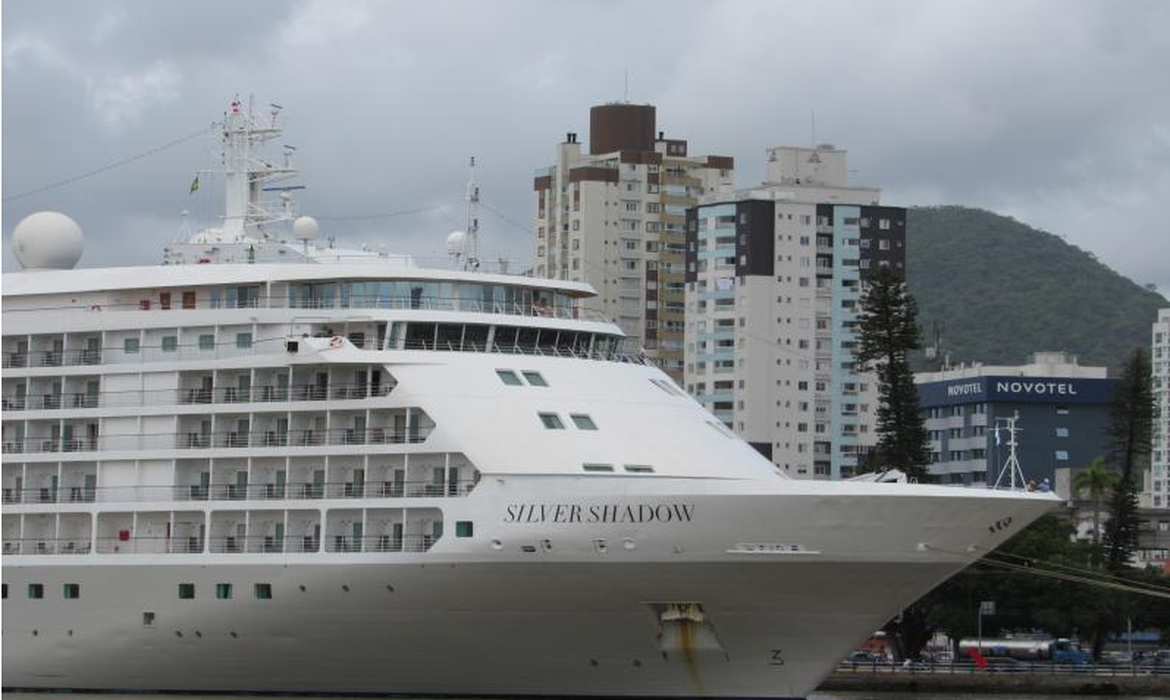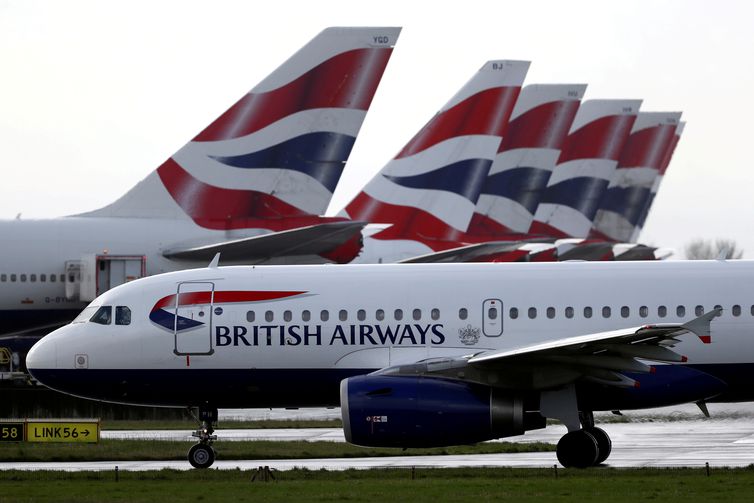RIO DE JANEIRO, BRAZIL – The Presidency of Brazil, on January 26th, issued an ordinance restricting the entry of foreigners into the country by land and water. The restriction applies to all nationalities, as recommended by the National Health Regulatory Agency (ANVISA). The Brazilian government considered the emergence of variants of the novel coronavirus in the United Kingdom, Northern Ireland and South Africa to justify the measure.

“Considering the epidemiological impact that the new variant of the coronavirus, identified in the United Kingdom and the Republic of South Africa, may cause in the current scenario experienced in the country […] The entry into the country is restricted to foreigners of any nationality, by highways, by other land routes or by waterway transport,” reads an excerpt of the ordinance.
According to the World Health Organization, the number of countries and territories where the British variant has already been detected may exceed 50 and the strain identified in South Africa has emerged in 20, but the organization considers that this assessment may be underestimated.
There are the customary exceptions: immigrants with permanent residence in Brazil; spouse, partner, child, father or guardian of Brazilians; foreigners at the service of international organizations; and border residents of twin cities other than Venezuela.
Airports
The entry of foreigners through airports is not banned, except for flights from or via the United Kingdom, Northern Ireland and South Africa. In the case of flights from other countries, migration requirements must be met.
Foreigners who intend to fly to Brazil are required to submit a document proving the RT-PCR test performed up to 72 hours before boarding, with a negative or non-reagent result.
Those who fail to comply with the provisions of the ordinance will be immediately repatriated or deported, as well as be held civilly and criminally liable. The ordinance was signed by Braga Netto, Chief of Staff; Minister of Justice and Public Safety André Mendonça; and Minister of Health Eduardo Pazuello.
Source: Agencia Brasil


